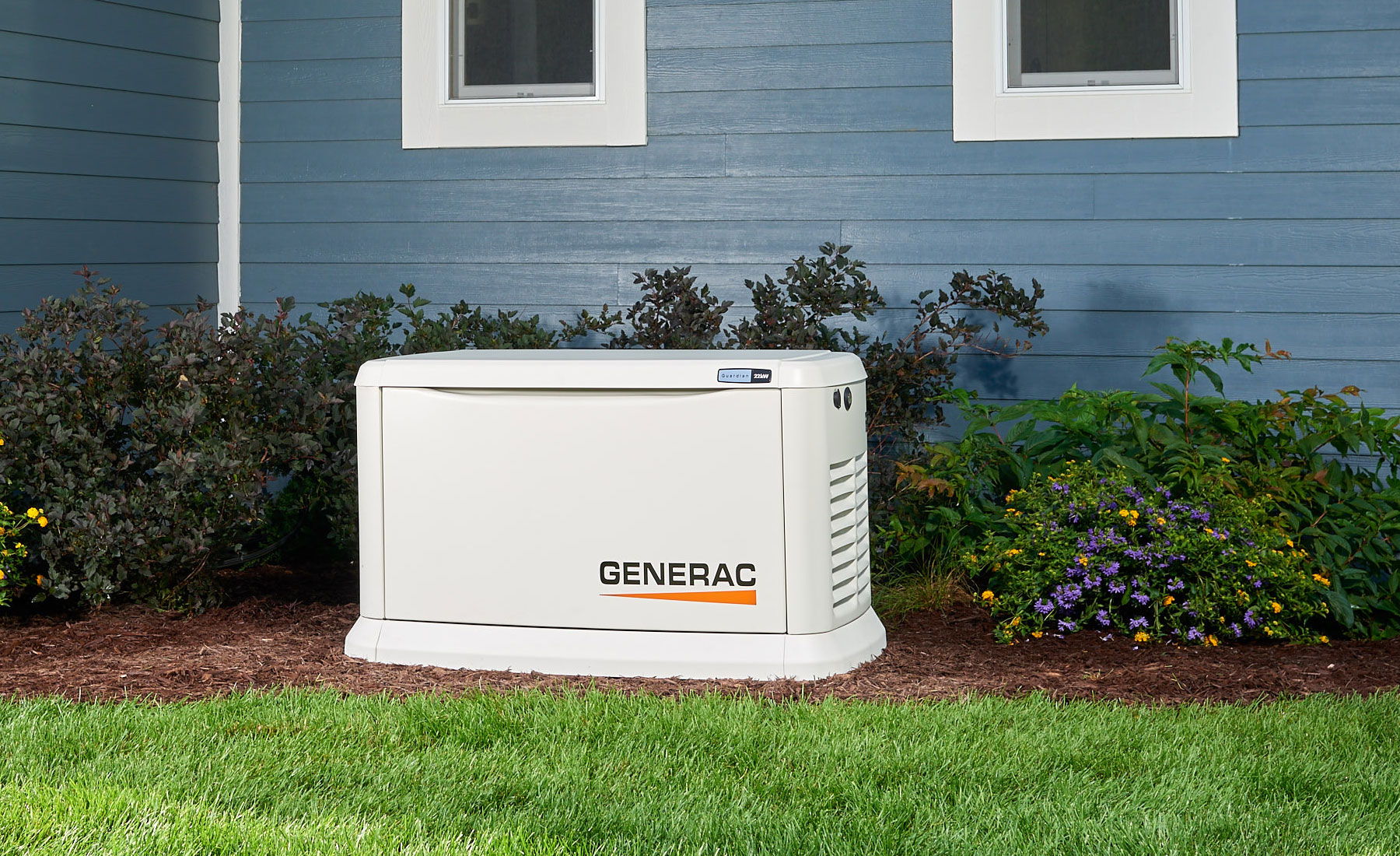Hurricane season in Florida runs from June through November, and for homeowners with backup generators, proper preparation can mean the difference between riding out the storm comfortably or facing dangerous situations. Whether you're a seasoned Florida resident or new to the Sunshine State, this comprehensive checklist will help ensure your generator is ready when you need it most.
Why Hurricane Preparation Matters for Generator Owners
Florida experiences some of the most intense hurricane activity in the United States. With sustained winds, heavy rainfall, and widespread power outages lasting days or even weeks, your backup generator becomes a lifeline for your family's safety and comfort. Proper preparation isn't just recommended—it's essential.
Recent storms like Hurricane Ian and Hurricane Nicole demonstrated just how critical reliable backup power can be. Homes with properly maintained generators maintained essential services like refrigeration, air conditioning, medical equipment, and communication devices while neighboring properties went without power for extended periods.
Pre-Season Generator Inspection Checklist
Engine and Mechanical Components
✓ Oil Level and Quality Check
- Check oil level using the dipstick when the generator is on level ground
- Change oil if it appears dark, thick, or contaminated
- Use manufacturer-recommended oil viscosity for Florida's climate
- Document the date of oil changes for maintenance records
✓ Air Filter Inspection
- Remove and inspect the air filter for dirt, debris, or damage
- Clean reusable filters or replace disposable ones
- Florida's humid climate can cause filters to clog faster than in other regions
- Keep spare filters on hand during hurricane season
✓ Spark Plug Examination
- Remove spark plugs and check for wear, corrosion, or carbon buildup
- Replace plugs that show significant wear or are over two years old
- Ensure proper gap spacing according to manufacturer specifications
- Test spark strength using a spark plug tester
✓ Battery and Electrical System
- Test battery voltage with a multimeter (should read 12.6V or higher when not running)
- Clean battery terminals and apply protective coating
- Check all electrical connections for corrosion or looseness
- Test the automatic start function multiple times
- Verify that the battery charger is functioning properly
Fuel System Preparation
✓ Natural Gas Systems
- Schedule a professional inspection of gas lines and connections
- Test the gas shut-off valve for proper operation
- Verify adequate gas pressure at the generator
- Check for any gas leaks using approved detection methods
- Ensure your gas utility company has your generator information on file
✓ Propane Systems
- Inspect propane tanks for rust, damage, or expired certification dates
- Test all connections with soapy water to check for leaks
- Verify you have adequate propane supply (consider a minimum 72-hour supply)
- Check propane regulator and lines for proper operation
- Keep contact information for propane delivery services readily available
✓ Liquid-Cooled Systems
- Check coolant levels and top off if necessary
- Inspect hoses and connections for leaks or deterioration
- Verify that cooling fans operate properly
- Clean debris from cooling system components
Storm Preparation Steps (72 Hours Before)
Immediate Pre-Storm Actions
✓ Final System Check
- Run a complete test cycle including transfer switch operation
- Verify fuel supplies are adequate for extended outages
- Check that all loose items around the generator are secured
- Ensure you have flashlights and tools accessible for post-storm inspection
✓ Communication Setup
- Program emergency numbers into your phone
- Ensure family members know generator location and basic operation
- Have your generator model and serial numbers readily available
- Keep service technician contact information accessible
✓ Safety Preparations
- Review carbon monoxide safety with all household members
- Check that carbon monoxide detectors have fresh batteries
- Confirm generator is properly grounded and installed to code
- Review emergency shut-off procedures with family
During the Storm: Safety First
Operation Guidelines
Never Attempt Outdoor Maintenance
Once hurricane conditions begin, do not attempt to service or refuel your generator outdoors. If your generator stops working during the storm, wait until conditions are safe before investigating.
Monitor System Performance
- Check generator status periodically from indoors
- Listen for unusual sounds or changes in operation
- Monitor fuel consumption rates
- Be prepared to shut down the system if safety concerns arise
Indoor Safety Protocol
- Never run a portable generator indoors or in enclosed spaces
- Ensure proper ventilation around standby generator installations
- Keep carbon monoxide detectors functioning and test them regularly
- Have a manual shutoff plan if automatic systems fail
Conclusion: Peace of Mind Through Preparation
Hurricane season preparation for your backup generator isn't just about mechanical maintenance—it's about ensuring your family's safety, comfort, and peace of mind during one of Florida's most challenging seasons. A well-maintained generator can provide weeks of reliable power, keeping your home functioning normally while the community recovers around you.
The investment in proper preparation pays dividends when storms threaten. While your neighbors may be dealing with spoiled food, uncomfortable temperatures, and communication blackouts, your properly prepared generator system will keep your family safe and comfortable.
Remember that generator maintenance isn't a once-a-year activity. Consistent, scheduled maintenance throughout the year ensures that when hurricane season arrives, your system is ready to perform flawlessly. Don't wait until the first tropical depression forms in the Atlantic—start your preparation today.
For professional generator maintenance, installation, or emergency service throughout Florida, contact Erco's certified technicians. Our team understands the unique challenges Florida weather presents and can help ensure your generator system is always ready when you need it most.
Need professional generator service or maintenance? Contact us to schedule your pre-season inspection today.
